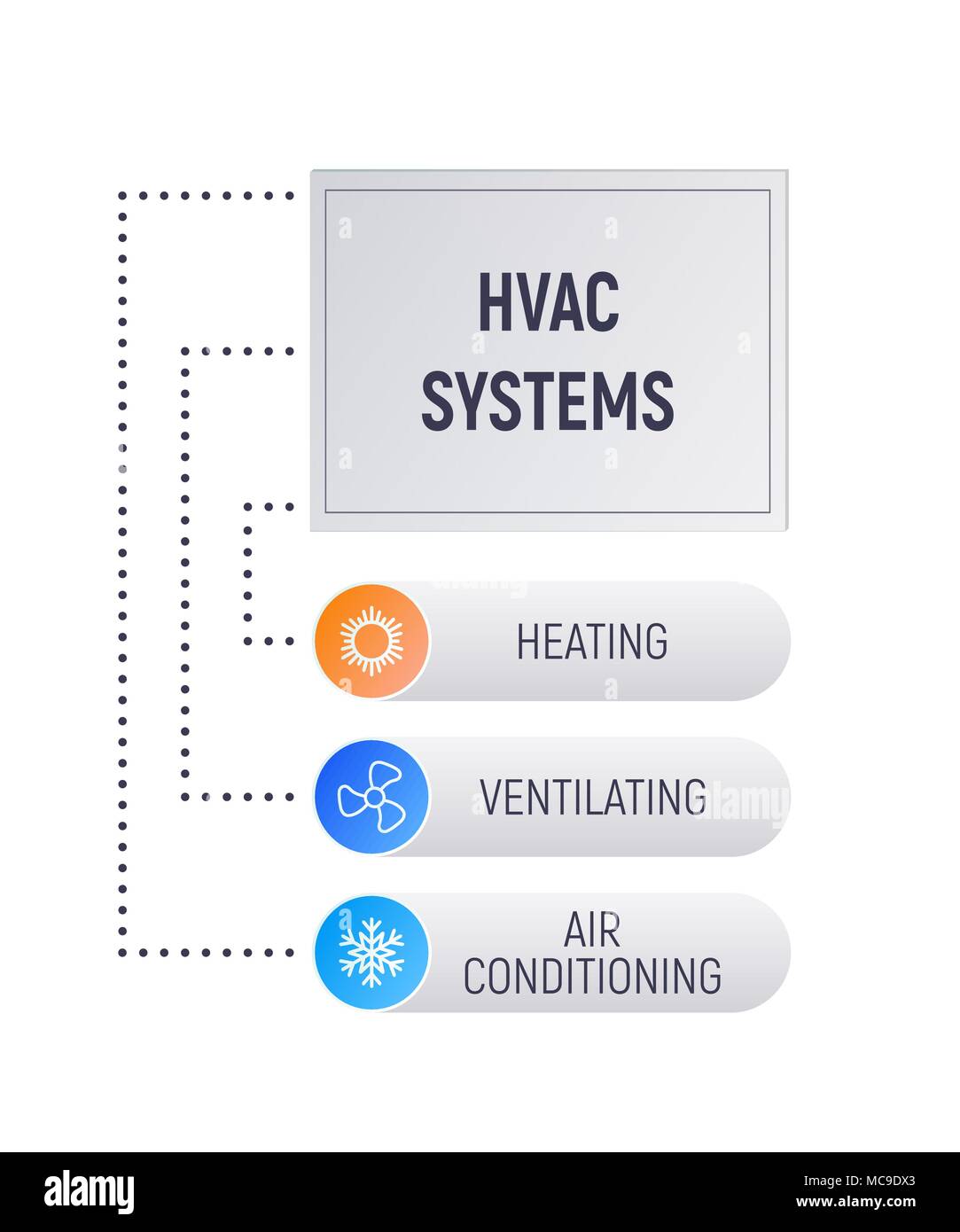When determining between air source and ground source heat pumps, you may find yourself weighing elements like performance, expense, and ecological effect. quiet operation christchurch uses distinctive benefits, yet which one aligns best with your requirements and concerns? As you discover the differences in between these 2 kinds of heatpump, you'll discover essential understandings that can assist you in the direction of making a notified choice that fits your special scenarios. Remain tuned for a deeper dive into the nuances of air source versus ground resource heat pumps to help you navigate this vital option.
Efficiency and Performance Comparison
When contrasting air source and ground resource heat pumps for performance and efficiency, it's essential to take into consideration exactly how each system runs in numerous conditions. Air resource heatpump draw out warmth from the outdoors air, making them extra at risk to changes in temperature level. Suggested Webpage may be less effective in extremely cold environments.
On the other hand, ground source heatpump make use of secure underground temperatures for warmth exchange, providing even more constant performance regardless of exterior weather. Ground source heat pumps are generally much more energy-efficient in the long run because of the stable warm source underground. Furthermore, ground source heat pumps often tend to have a much longer life-span compared to air source heatpump, which can influence long-lasting performance and upkeep prices.
Price Evaluation: Installation and Upkeep
For a detailed contrast in between air resource and ground source heatpump, it's important to assess the prices related to their setup and upkeep. Air resource heatpump typically have reduced in advance installation expenses compared to ground resource heat pumps. The installment of air resource heatpump entails less facility excavation and boring, making it an extra budget-friendly alternative for many property owners.
However, ground resource heatpump are recognized for their greater effectiveness, which can lead to reduced long-term energy prices, possibly countering the first setup expenses in time.
When it involves upkeep expenses, air resource heat pumps are generally much easier and cheaper to keep contrasted to ground source heat pumps. Ground resource heatpump call for routine checks on the underground loophole system, which can incur additional upkeep expenditures.
On the other hand, air source heat pumps normally call for straightforward filter adjustments and occasional specialist inspections, maintaining upkeep costs relatively low.
Consider both the in advance installation prices and long-term upkeep expenditures when making a decision between air resource and ground resource heatpump to establish which option aligns best with your budget plan and demands.
Environmental Effect Evaluation
Examining the ecological influence of air source and ground source heat pumps is important in understanding their sustainability.
Air source heat pumps need electricity to run, which can lead to increased carbon exhausts if the electrical energy originates from nonrenewable fuel sources. On the other hand, ground source heatpump utilize the secure temperature level of the ground to heat and cool your home, causing reduced energy intake and decreased greenhouse gas exhausts.
The setup of both sorts of heat pumps involves some degree of ecological effect, such as using refrigerants in air source heat pumps or the excavation needed for ground loopholes in ground resource heat pumps. Nevertheless, ground source heatpump have a longer life expectancy and higher effectiveness, making them a much more environmentally friendly alternative in the long run.
Conclusion
When choosing between air resource and ground source heat pumps, consider your climate, spending plan, and ecological objectives. Air source heatpump are extra cost-effective in advance, yet ground resource heatpump provide higher performance and lasting financial savings. Select the choice that straightens with your top priorities and requirements for a comfy and sustainable heating remedy.
